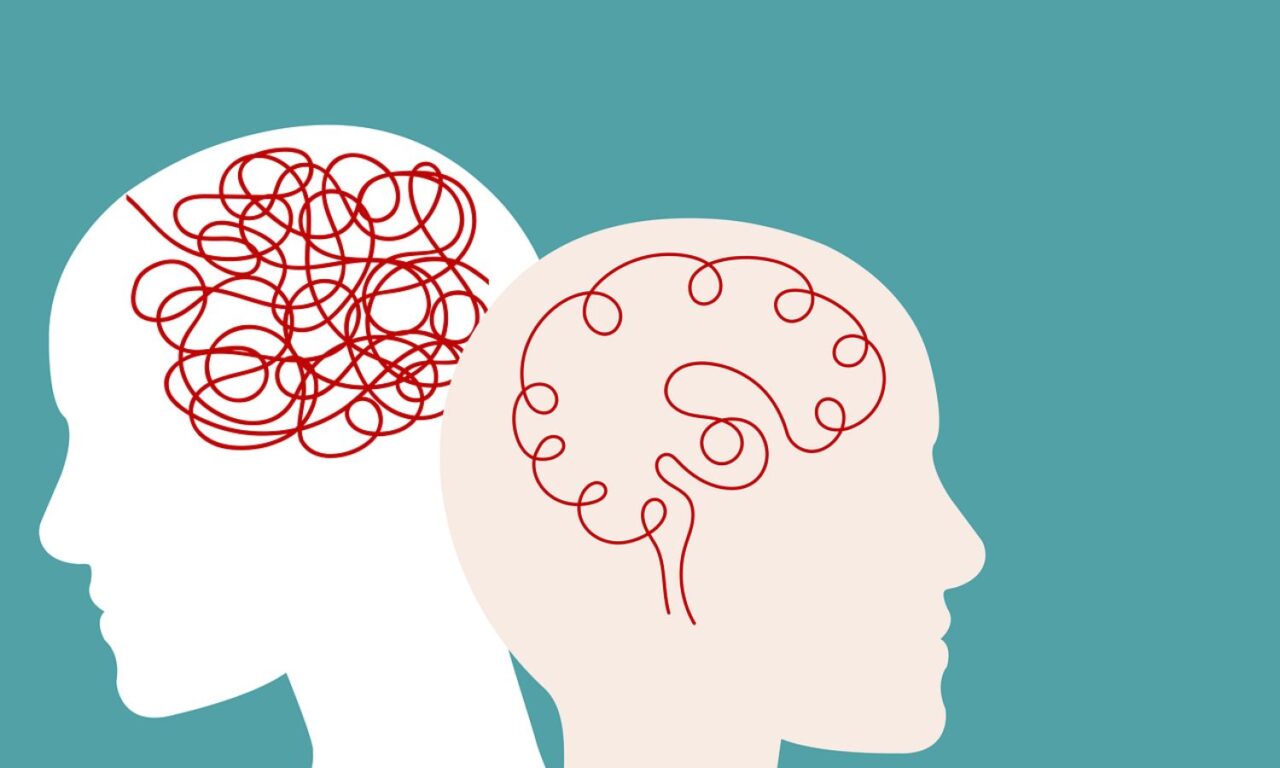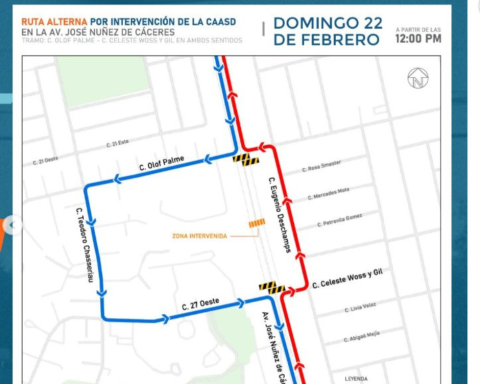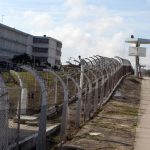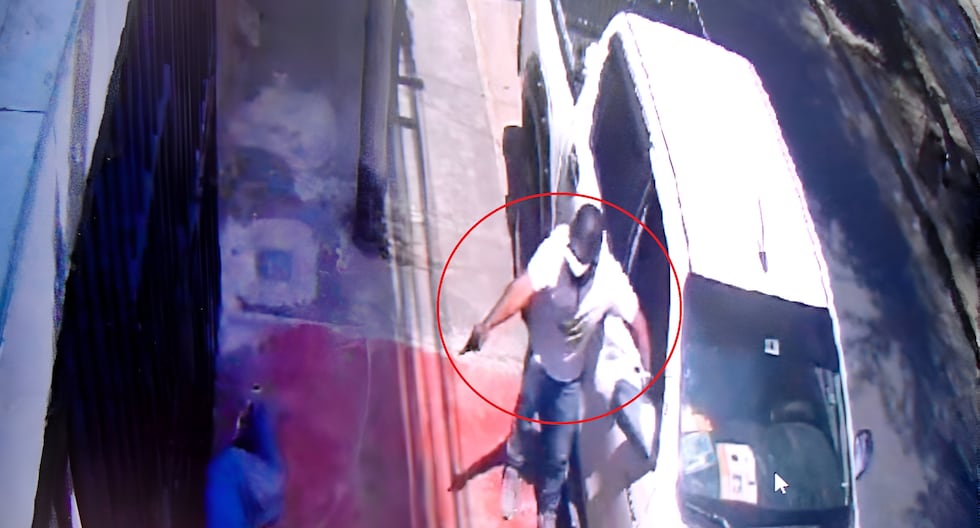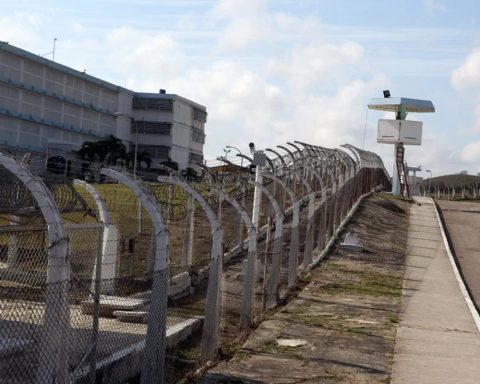Psychiatrist and psychotherapist José Miguel Gómez warned that mental health remains a Cinderella issue in the Dominican Republic, with a shortage of beds and professionals in the field, where one in four people will likely need help at some point to deal with the problem.
Interviewed by journalist Federico Méndez on the program Esferas de Poder, which is broadcast on Sundays from 8:00 to 9:00 in the morning on RNN Channel 27, he highlighted the importance of carrying out psychoeducational programs for the population to seek help and raise awareness of the problem.
The doctor specified that very little is invested in the country for the problem of mental health, where it barely reaches less than 1% of the national budget allocated for public health.
He believes that between 3 and 4% should be invested in mental health, because most countries in the region invest little in tackling the problem.
“The second thing is that there is a shortage of beds, there is a shortage of mental health professionals, there is a shortage of crisis intervention units, acute care units, and there is a lack of detoxification units for people who suffer from addiction diseases,” he stressed.
Gómez also explained that there is a shortage of psychosocial rehabilitation units for chronic patients who wander the streets, who have lost their family ties and do not have institutionalized treatment or a psychosocial rehabilitation program to humanize them, reconnect them with their family and find meaning and usefulness in their lives.
“It is very dehumanizing to see mentally ill people wandering naked through the streets, when there is a need for medical care and that is why the budget for mental health needs to be increased,” he insisted.
He said that President Luis Abinader made a commitment to psychiatrists and the population to increase the budget to allocate more resources to mental health.
He believes that crisis intervention units should be opened to deal with acute problems and to work with people who require assistance for depression, bipolar disorder or schizophrenia.
Detoxification units should also be opened in response to the increase in drug use among the younger population, and there is a demand for hospital beds due to this problem.
The former president of the Dominican Society of Psychiatry stated that mental health problems increased as a result of the Covid-19 pandemic.
“Depression is still the most common cause of need for help in the Dominican Republic, as well as anxiety disorders, sleep disorders, mood disorders, conflicts between couples, family, alcohol and drug use, which are the problems that most often come to psychiatrists’ offices,” he said.
He added that to the extent that levels of dissatisfaction are not attainable and the quality of life, exclusion, unemployment and marginalization, the accumulation of frustration and hopelessness generates vulnerability.
The doctor said that child abuse and mistreatment, as well as sexual abuse, have increased considerably in the country, with around 400 cases of rape reported in the eastern region of the country.
“This is very high in any country. 34 women have been murdered this year due to gender violence. Domestic violence, partner violence and social violence are increasing every day,” she added.
The writer believes that in the country many people who should resolve conflicts through dialogue and a culture of good treatment respond with violence.
He argues that these indicators are a response to the fact that a culture of violence has been reached.
“A culture of violence is when a society has a distorted, limiting, learned belief system that when there is a problem it is resolved through violence, and that is why there are people who walk around with a stick, a knife or a machete in a car,” he observed.
Gómez understands that there are people who do not come out to negotiate a solution to a conflict, but rather to seek a violent response to the situation at hand.
There is a shortage of 400 psychiatrists in the country and there are regions that do not have specialists in the field.
Psychiatrist and psychotherapist José Miguel Gómez revealed that there are still regions in the country that do not have psychiatric services, resulting in a deficit of around 400 doctors specializing in the study of mental disorders of genetic or neurological origin.
He said that the existing units are full and there are people waiting for a bed to receive mental health assistance.
“There are people at home who should be admitted to a crisis intervention unit or an acute care unit and are waiting for a bed,” he stressed.
He believes that the country should focus on a national program to humanize mental health services for children, adolescents, men and women of productive and aging ages.
“The latest censuses by both the Dominican Society of Psychiatry and the mental health departments have said that there is always a shortage; there is a lack of psychiatric professionals at the national level; there is a lack of 300 to 400 psychiatrists to respond to the national coverage of mental health and to the population that has grown a lot,” he said.
He said that the poorest and most remote regions lack this service, as well as neighborhoods that do not have access to this service.
“That is to say, in the Dominican Republic, the ARS still do not cover nor contemplate covering the medications that are used in the field of psychiatry to respond to mental illnesses,” he added.
The specialist argued that there is a need to fight for access to mental health services to have national coverage.
